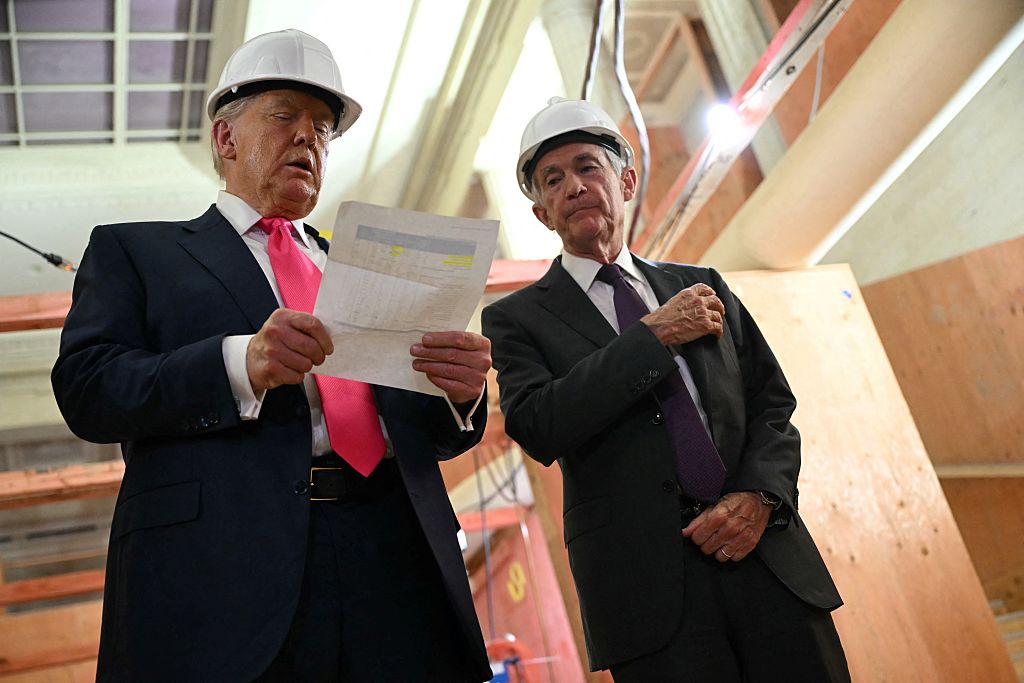Fed officials discussed possible rate hike "fairly soon"
WASHINGTON — Federal Reserve officials earlier this month discussed the need to raise a key interest rate again “fairly soon,” especially if the economy remains strong.
Minutes of the discussions in minutes released Wednesday showed that while Fed officials decided to keep a key rate unchanged at their Jan. 31-Feb. 1 meeting, there was growing concern about inflation if the economy out-performed expectations.
“Several” Fed officials expressed worries that unemployment could fall substantially below the Fed’s 4.8 percent unemployment goal. That could trigger inflation pressures that would require the Fed to boost rates at a faster pace than financial markets currently expect. Unemployment in December was 4.7 percent although it inched back up to 4.8 percent in January.
Most economists had indicated they did not foresee a rate hike until June. But the discussion in the minutes might raise the possibility of a hike as soon as March.
“Policymakers are clearly focused on the possibility of raising rates fairly soon,” said Mark Hamrick, senior economic analyst at Bankrate.com. “They’re being vague for a reason, of course. Since we’re told that their economic forecasts changed little since December, we can surmise that they’re still on track for as many as three rate hikes this year. We’ll know more when they release the updated summary of economic projections at the upcoming [Fed] meeting in mid-March.”
At the February meeting, the central bank left its key interest rate unchanged while noting that the economy was continuing to advance toward its twin objectives of maximum employment and inflation rising at a moderate annual rate of 2 percent.
The Fed in December boosted its key rate by a modest quarter-point to a new range of 0.5 percent to 0.75 percent. The Fed had waited a full year to raise rates for a second time after its initial rate hike in December 2015.
The Fed noted that even with the two small rate hikes, the Fed’s target for its benchmark federal funds rate — the interest that banks charge each other — remained at a historically low level. It is only slightly higher than the record low near zero where the rate was for seven years as the central bank struggled to jump-start growth in the wake of the worst economic downturn since the 1930s.
After the latest rate hike in December, the Fed issued an updated economic forecast which projected that the central bank expected to raise rates three times in 2017.
Many economists believe the Fed will raise rates between two and three times this year. One complicating factor is the uncertainty over how much of his ambitious economic program President Donald Trump will be able to get through Congress. His stimulus package includes tax cuts for businesses and individiuals, increased infrastructure spending and a roll back of regulations in such areas as banking.
“While the minutes don’t mention specific policies -- or even the president and Congress -- by name, the reference to ‘more expansionary fiscal policy’ is a nod to President Trump’s hopes to give economic growth a substantial lift,” Hamrick said. “If successful, that could translate to a steeper trajectory of rate hikes down the road, probably not before 2018. That’s a big if.”
Federal Reserve Chair Janet Yellen, delivering the Fed’s semiannual economic report to Congress, said last week that the economy remains on track to achieve the Fed’s goals and noted the Fed’s December expectation of three rate hikes this year. But she did not signal when the next hike might occur.
“Whether it is March, or May or June ... I can’t tell you which meeting it would be,” Yellen told lawmakers.



